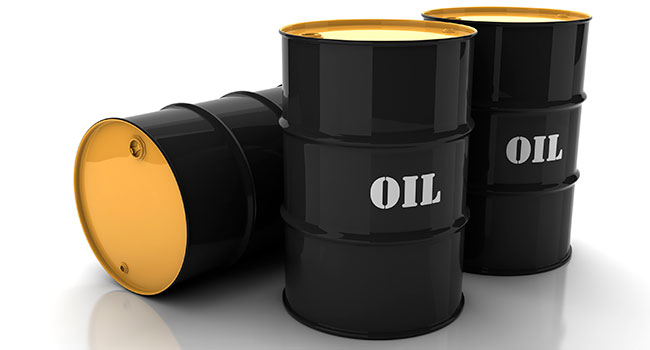 The decline in oil demand accelerated by Covid-19 may be a sign of the future.
The decline in oil demand accelerated by Covid-19 may be a sign of the future.
Forty publicly-traded U.S. oil producers wrote down a collective $48 billion worth of the value of their assets in the first quarter of 2020, the U.S. Energy Information Administration reported.
Quoting Deloitte, Oilprice.com points out that the collapse in crude oil prices, the economic slowdown and the crash in second-quarter demand could prompt U.S. shale drillers in aggregate to impair or write down the value of assets by as much as $300 billion. (All figures in U.S. dollars.)
Saudi Arabia has posted a budgetary deficit of $29.12 billlion for the second quarter of this year, the Saudi Ministry of Finance reported. Its second-quarter oil revenues fell by 45 per cent year over year to $25.5 billion, while revenues dropped 49 per cent to nearly $36 billion.
Shell has announced it will cut its dividend for the first time since the Second World War for the first quarter of 2020, reporting adjusted earnings of $638 million for the second quarter. That compared with a net profit of $3.5 billion over the same period a year earlier and $2.9 billion in the first three months of 2020.
Norway’s Equinor slashed its quarterly dividend to shareholders by two-thirds.
Shell and BP have since announced second-quarter write-downs of up to $22 billion and $17.5 billion respectively, while Repsol has reported a net loss for the second quarter, announcing write-downs of $1.5 billion in assets.
Interestingly, the gloomy assumptions are not based on the black April bloodbath. They’re based on expectations of lower oil and gas prices over the next 30 years.
“My big takeaway is that this is not just the result of the (COVID-19) virus: These are long-term, decade-old trends,” Kathy Hipple, an analyst at the Institute for Energy Economics and Financial Analysis (IEEFA), told CNBC. The oil industry “is not going away tomorrow but it is a long-term decline that we are seeing.”
“The game is up: Oil and gas companies can no longer mask their financial frailty,” Nikki Reisch, director of the Center for International Environmental Law’s climate and energy program was quoted as saying.
While the Organisation of Petroleum Exporting Countries and their allies in the expanded OPEC+ are opening taps starting this month, markets are giving off negative signals. The balances suggest that OPEC+ tapering plans to year-end may need to be put on hold if the goal is to sustain the current oil price recovery, Rystad Energy said in a recent analysis.
The upcoming partial return of curtailed OPEC+ oil production from August is set to create a new four-month supply glut of around 170 million barrels, the report underlined.
And the pandemic impact isn’t going to wither away any time soon. A full recovery in jet fuel demand will probably have to wait until 2023, Bank of America said in a recent commodities research report cited by The National.
Tsvetana Paraskova writing for Oilprice.com underlines that OPEC is trying to come to terms with the idea that the COVID-19 crisis may have brought permanent changes in consumer behaviour, stifling oil demand over the next two decades – in stark contrast to its earlier projections.
Some OPEC officials are admitting the possibility – unthinkable until just six months ago – that global oil demand may never recover to the pre-pandemic levels, Reuters reported.
A key concern for the OPEC is whether the COVID-19 crisis has significantly accelerated the timeline of peak oil demand or are we already past that peak, Reuters reported.
In many ways, this is a (c)rude awakening!
Toronto-based Rashid Husain Syed is a respected energy and political analyst. The Middle East is his area of focus. As well as writing for major local and global newspapers, Rashid is also a regular speaker at major international conferences. He has been asked to provide his perspective on global energy issues by both the Department of Energy in Washington and the International Energy Agency in Paris.
The views, opinions and positions expressed by columnists and contributors are the author’s alone. They do not inherently or expressly reflect the views, opinions and/or positions of our publication.
